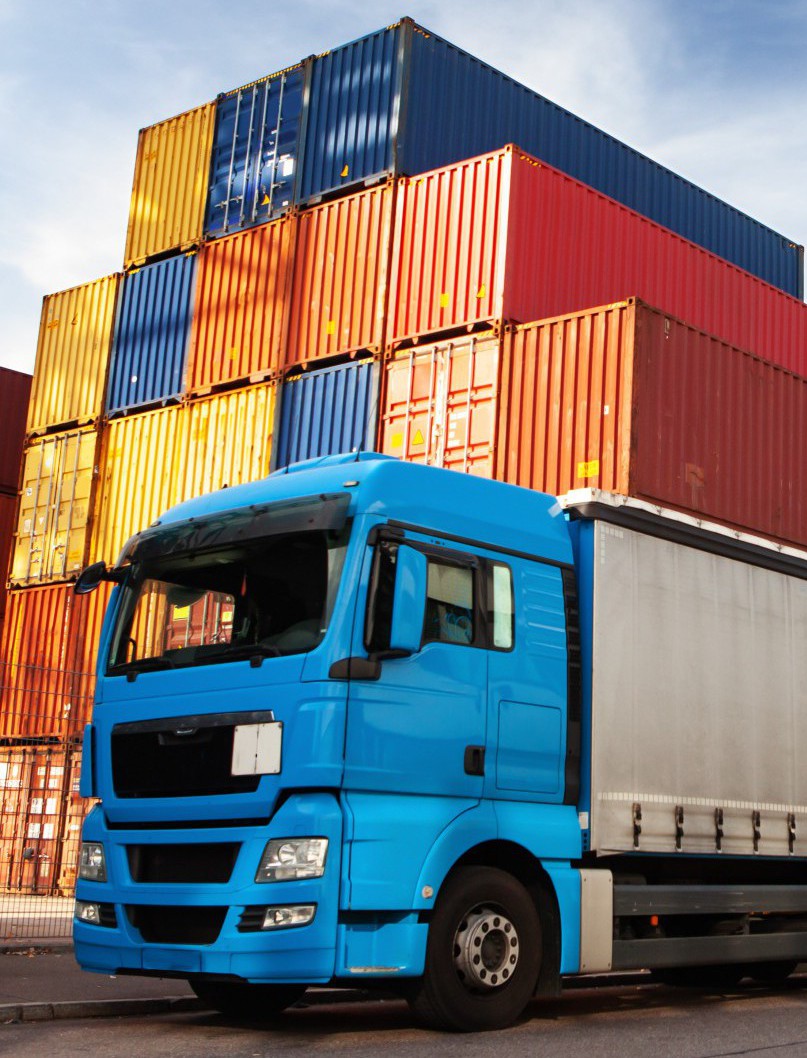One of the major costs that businesses involved in food distribution have to bear once they expand beyond a certain area is transportation costs. Grocery chains need to transport products from the central warehouse to their retail stores. A food manufacturer needs to ship their products from the factory to the grocery chain’s central warehouse or to a distributor’s warehouse. A distributor needs to ship their products from their warehouse to their retail store clients. In addition to the costs, these businesses also need to make sure that they are fully staffed for distribution all the time since they cannot let their supply chain fail at any moment. Given the cost and effort required to do this, it might be an appealing to opt for a third-party distribution network that can handle everything for them. Here are a few reasons why we think that will be the case.
Flexible service
One of the biggest advantages of choosing third party logistics providers for food is that they are highly flexible. Remote destinations, tight schedules, working on holidays, etc. are all things that third-party logistics services are probably used to. This way, they can meet the requirements of a lot of potential clients and use this flexibility to solve multiple problems at once.
Large retailers are opting for it
For retail businesses that are spread across the country, servicing all their retail locations can be quite taxing. This could lead to problems with deliveries and result in customers getting unhappy. To avoid that situation, many major companies are opting to use third party logistics services to manage different areas. This can either be national distributors or local ones who can service local stores directly.
Reducing labour issues
One possible problem in logistics is labour disputes with employees. Issues can arise between the management and the workers which can lead to strikes. This could seriously hamper the ability of the food producer, distributor or wholesaler to get their products in front of consumers. Hiring an external logistics provider to supplement their in-house teams or as a backup to the in-house team can let them mitigate these risks.
Capital reallocation
Without a needing to spend money on establishing a logistics infrastructure, the food distribution companies can focus that money on other projects. Even though having no in-house transportation fleet could raise some delivery risks, these are probably no more than if they had a fleet of their own. The bigger the producer is, the bigger the financial impact is of outsourcing on their bottom line.











